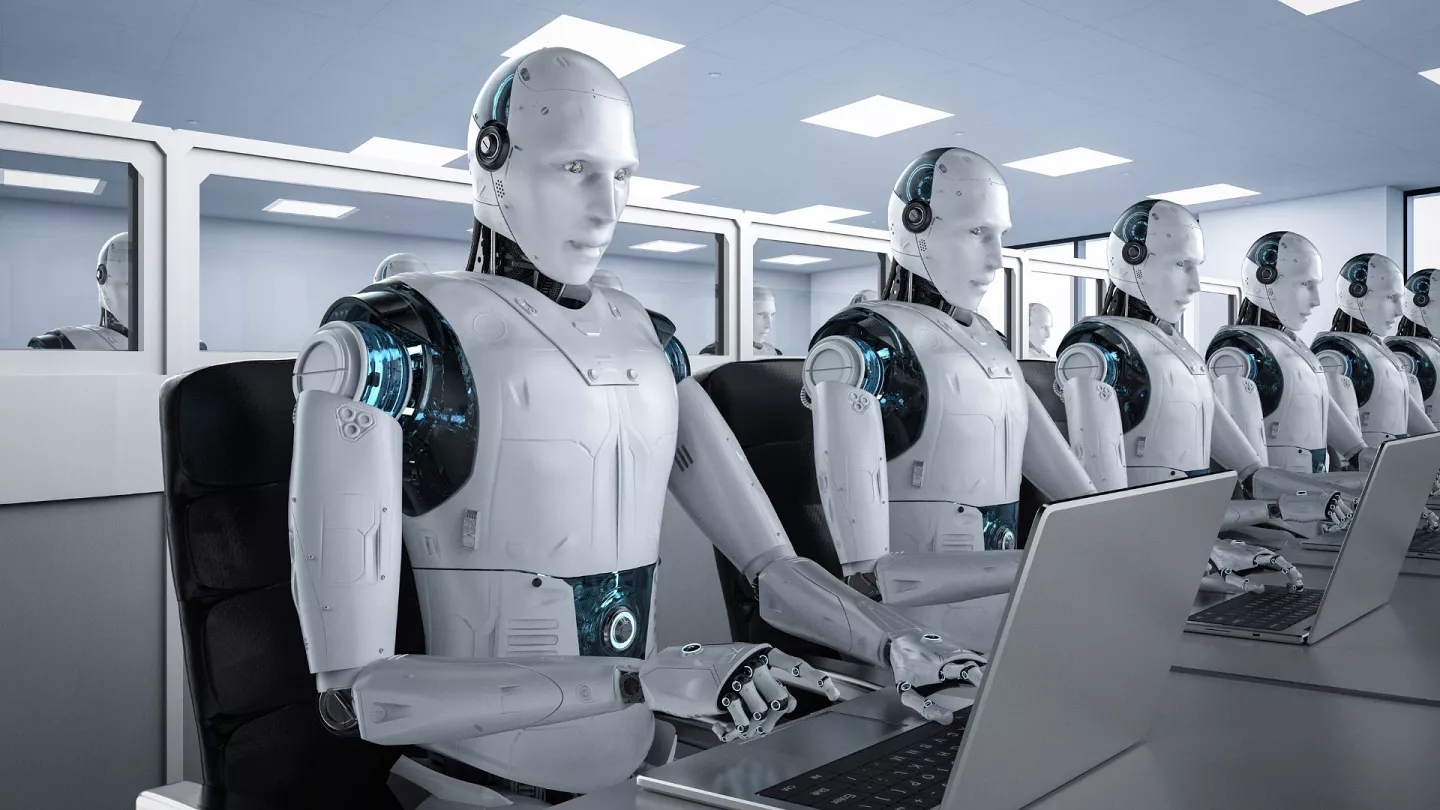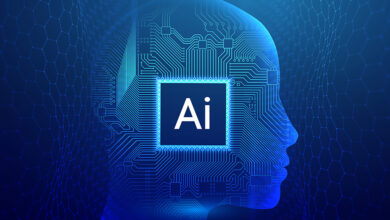Which Jobs AI Will Replace?
Understanding the jobs most likely to be replaced by Artificial Intelligence, Prepare for an AI-Driven Job Market: Essential Skills and Strategies

In this article, we delve into the impact of artificial intelligence (AI) on the job market. We explore the types of jobs that are most likely to be replaced by AI, along with those that have a lower risk of automation. Furthermore, we discuss how individuals can prepare themselves for an AI-driven job market by acquiring the right skills and adapting to changing circumstances.
Understanding AI and Its Impact on Jobs:
Before we dive into the specifics, let’s understand what AI is and how it influences employment. Artificial intelligence refers to the development of computer systems capable of performing tasks that typically require human intelligence. As AI technologies advance, they have the potential to automate various jobs, leading to significant changes in the labor market.
Jobs Most Likely to Be Replaced by AI:
Jobs at High Risk of Automation:
Certain jobs are highly susceptible to automation due to their repetitive and rule-based nature. Here are some examples:
Data Entry Clerks:
Data entry tasks, which involve manually inputting information into systems, can be easily automated. AI-powered software and optical character recognition (OCR) technology can efficiently handle this job.
Assembly Line Workers:
Jobs in assembly lines that involve repetitive tasks, such as product assembly or quality control, can be replaced by AI-powered robots and automation systems.
Customer Service Representatives:
With the advent of chatbots and virtual assistants, customer service interactions can be automated to a certain extent. Simple queries and routine support tasks can be handled by AI systems, reducing the need for human intervention.
Jobs with Moderate Risk of Automation:
While some jobs may not be completely replaced, AI can still impact certain aspects of these roles. Industries like transportation, logistics, and manufacturing are likely to witness changes. Consider the following examples:
Truck Drivers:
Autonomous vehicles and advanced navigation systems may reduce the demand for truck drivers in the long run. However, human drivers are still essential for complex decision-making and handling unexpected situations.
Warehouse Workers:
AI-powered robots and automation can optimize warehouse operations, including inventory management and order fulfillment. While manual labor may decrease, human workers will still be needed for supervisory roles and tasks that require dexterity.
Factory Operators:
Automation and robotics can streamline manufacturing processes, but human operators will continue to be necessary for overseeing operations, quality control, and maintaining equipment.
Jobs with Low Risk of Automation:
Certain jobs require high-level cognitive skills, creativity, and emotional intelligence, making them less prone to automation. Here are a few examples:
Graphic Designers:
Creativity and artistic skills are difficult to replicate with AI. Graphic designers bring unique perspectives and aesthetic sensibilities to their work, making their role essential in various industries.
Artists and Writers:
The ability to express emotions, think critically, and generate original ideas are intrinsic to artistic and writing professions. AI may assist in some aspects, but the creative process and unique human insights remain vital.
Therapists and Counselors:
The empathetic and emotional support provided by therapists and counselors is irreplaceable. While AI may aid in certain therapeutic activities, human connection and understanding are crucial in this field.
Preparing for an AI-Driven Job Market:
Emphasizing Transferable Skills:
To thrive in an AI-dominated job market, it is essential to develop skills that complement AI rather than compete with it. Here’s what you should focus on:
Critical Thinking and Problem-Solving:
Sharpen your ability to analyze complex problems, think critically, and develop innovative solutions. These skills are highly valued in an AI-driven world.
Complex Reasoning:
Master the art of understanding intricate relationships, making connections, and applying logical reasoning. AI excels at repetitive tasks, but human intelligence is still crucial for complex decision-making.
Lifelong Learning and Continuous Upskilling:
Adapting to an evolving job market requires a commitment to lifelong learning. Consider the following strategies:
Online Courses and Certifications:
Engage in online learning platforms that offer courses and certifications in emerging technologies and relevant skills. Stay updated with industry trends and expand your knowledge base.
Lifelong Learning Platforms:
Explore platforms that promote continuous learning and upskilling, such as webinars, workshops, and online communities. These resources provide valuable insights and foster professional growth.
Human Skills and Emotional Intelligence:
While AI can automate many tasks, certain skills remain uniquely human. Cultivate these skills to ensure your professional relevance:
Empathy and Emotional Intelligence:
Nurture your ability to understand and empathize with others. These qualities are crucial in professions involving interpersonal relationships, such as counseling, leadership, and customer service.
Creative Thinking and Innovation:
Foster your creativity and ability to think outside the box. AI can assist in generating ideas, but the human touch is still necessary for ideation and innovation.
Conclusion:
As AI continues to advance, it will undoubtedly impact the job market. While some jobs may be replaced or transformed, new opportunities will also arise. By understanding the roles most likely to be affected, acquiring transferable skills, embracing lifelong learning, and nurturing uniquely human qualities, individuals can thrive in an AI-driven job market. Stay adaptable, proactive, and continuously seek growth opportunities to ensure a successful career path in the evolving world of AI.





